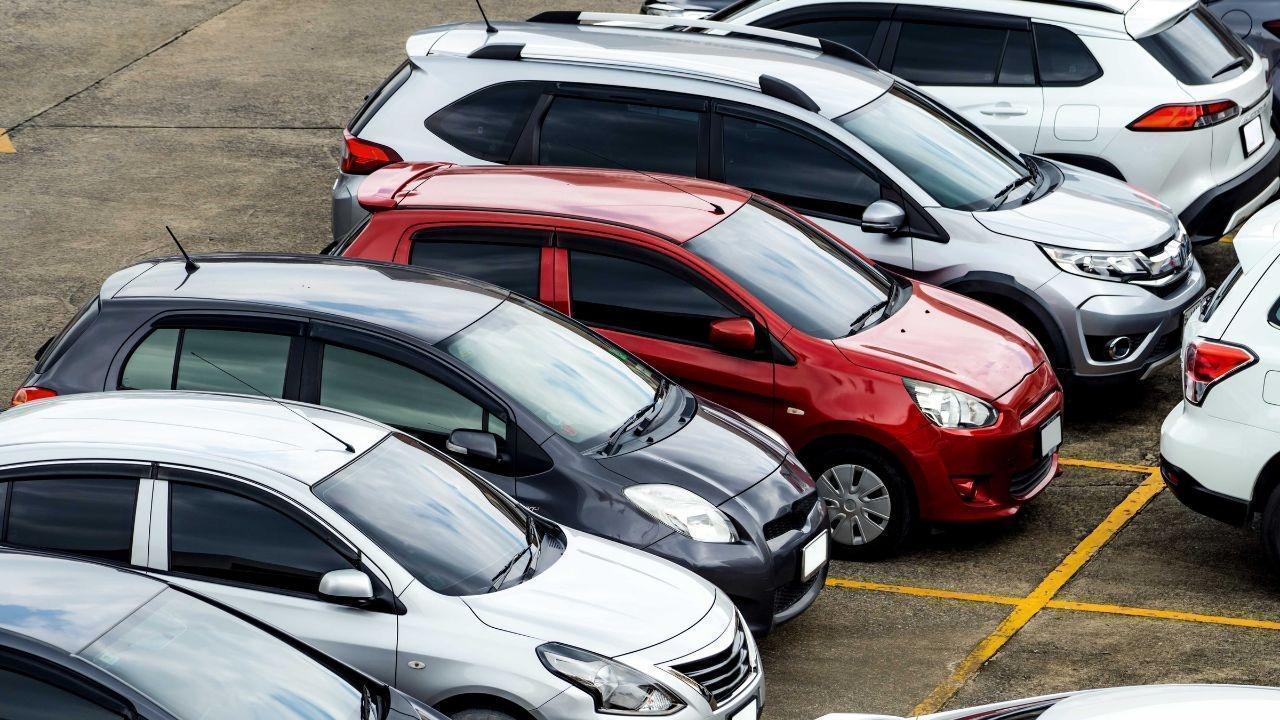You have not yet added any article to your bookmarks!

Join 10k+ people to get notified about new posts, news and tips.
Do not worry we don't spam!

Post by : Badri Ariffin
A major divide has emerged inside India’s automobile industry as the clock ticks toward the rollout of the next phase of Corporate Average Fuel Efficiency (CAFÉ) norms. What began as a technical discussion on how to classify small cars has now turned into a full-scale tug of war, with top manufacturers sharply disagreeing on whether vehicle weight or affordability should decide eligibility.
The draft prepared by the Bureau of Energy Efficiency proposes weight-based relaxation for smaller cars under CAFÉ 3. Maruti Suzuki, Toyota, Honda and Renault — companies that together command nearly half of India’s passenger vehicle market — support this model, saying it better reflects engineering realities. Their lightweight line-ups, including several sub-909 kg models, stand to benefit under the proposed formula.
But rivals including Tata Motors, Hyundai and Mahindra have raised strong objections. They argue that linking compliance only to weight could distort market competition and unfairly advantage certain manufacturers. Some companies have pushed for an affordability-based threshold, pointing out that in India, the price difference between a two-wheeler and an entry-level car remains steep, and cost plays a decisive role for buyers. They also note that lightweight does not necessarily mean low-cost, with several sub-909 kg vehicles priced close to ₹10 lakh.
Tata Motors has emerged as the most vocal critic of the weight-based idea. The company has said that creating a separate category of “small cars’’ purely on weight sets an arbitrary benchmark, especially when most of its own high-volume small cars already meet emission targets without concessions. The firm has also flagged concerns that incentivising lighter vehicles could compromise progress made in safety, as no car under 909 kg currently meets the Bharat NCAP rating norms.
This debate carries major implications for competition in the entry-level segment, particularly for Maruti Suzuki, which holds a strong portfolio of lighter models such as the Alto, Wagon R, Celerio and Ignis.
The policy backdrop adds more urgency. India’s CAFÉ 3 norms, coming into effect from April 1, 2027, will set one of the toughest CO₂ limits yet — 88.4 gm/km, significantly tighter than the earlier 91.7 gm/km assumption and far below the current CAFÉ 2 threshold of 113 gm/km. With penalties looming for manufacturers that breach fleet-average targets, the criteria used to classify small cars will have a direct impact on compliance strategies, product planning and pricing.
As discussions within SIAM remain stalled and positions harden on both sides, the industry now finds itself at a critical juncture. The final stance on how India defines a “small car’’ could shape not just emission compliance, but the future of mobility and affordability for millions of buyers.










Minimarkets May Supply Red and White Village Cooperatives
Indonesia’s trade minister says partnerships with minimarkets and distributors can strengthen villag

South Africa vs West Indies Clash Heats Up T20 World Cup 2026
Unbeaten South Africa and West Indies meet in a high-stakes Super 8 match at Ahmedabad, with semi-fi

Thai AirAsia Targets Growth Through China & Long-Haul Routes
Thai AirAsia aims 6-9% revenue growth in 2026 expanding domestic flights and new international route

India Ends Silent Observer Role Emerges Key Player in West Asia
From passive energy buyer to strategic partner India’s diplomacy in West Asia now commands trust inf

Indian Students Stuck In Iran Amid US-Iran Tensions And Exam Worries
Rising US-Iran tensions leave Indian students stranded, fearing missed exams could delay graduation

India Says J&K Budget Exceeds Pakistan’s IMF Bailout
India slammed Pakistan at UNHRC, stating J&K’s development budget exceeds Pakistan’s IMF bailout and